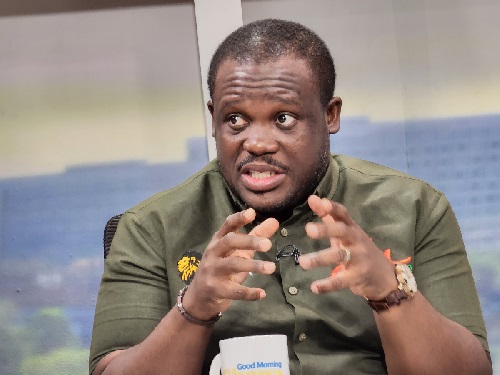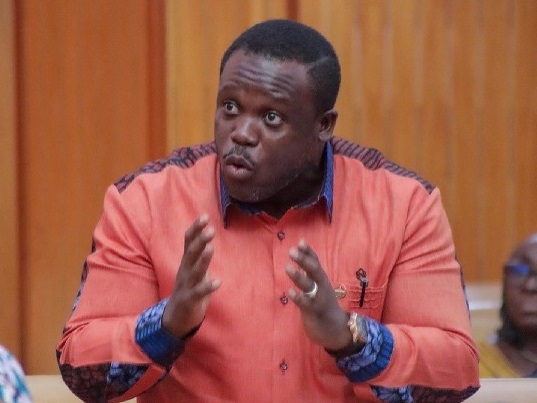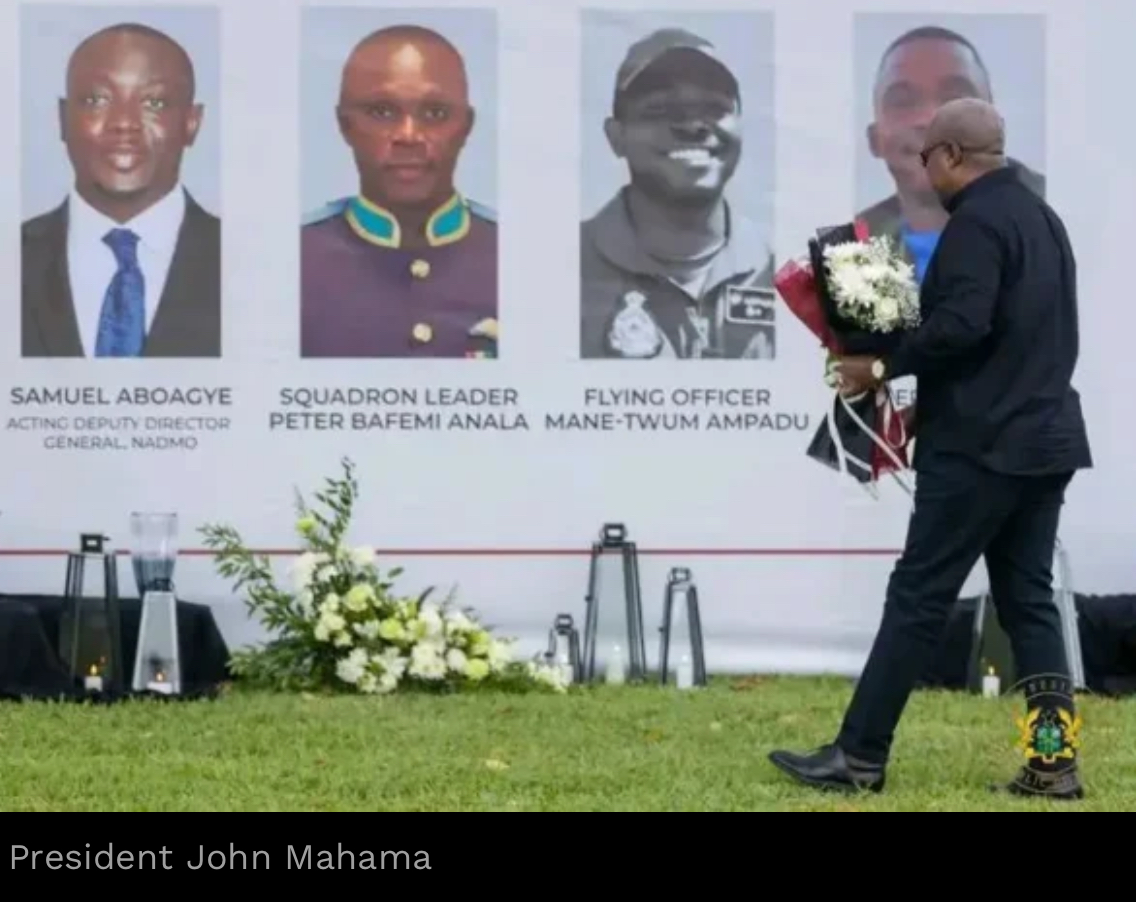Minister for Communications, Digital Technology and Innovation, Sam Nartey George, said he considered ordering a nationwide internet shutdown last week in response to the rapid online circulation of graphic videos following a fatal military helicopter crash on August 6.
In an interview on Joy FM’s Super Morning Show, Mr. George described the incident as a moment of “grave national concern,” citing the potential psychological impact on the victims' families and the challenges posed by viral content on encrypted platforms such as WhatsApp.
“When the incident happened, I was distraught,” Mr. George said. “We still had a responsibility to the state. Some of the children of the victims are old enough to be online. I was worried about their mental health, especially as government had not yet formally communicated with the families.”
The crash, which drew nationwide attention, led to an outpouring of raw, unverified footage circulating across social media platforms within minutes. The widespread sharing of graphic content, particularly on WhatsApp—a service owned by U.S.-based tech giant Meta Platforms Inc.—prompted the Minister to evaluate drastic measures.
According to Mr. George, authorities were faced with two immediate options: allow the videos to continue spreading or shut down internet access temporarily across the country. The latter, he acknowledged, came with “serious economic and societal trade-offs.”
“Shutting down the internet would have impacted media access, digital services, and critical infrastructure,” he noted. “The ripple effects could have been worse than the issue we were trying to contain.”
Instead, Mr. George opted for a coordinated response involving both international and domestic stakeholders. He said he initiated contact with Meta executives, activating a pre-established point of contact (POC) to explore whether the platform could help mitigate the spread of sensitive content.
Simultaneously, the Minister directed the National Communications Authority (NCA) to engage Ghana’s three primary telecom operators—MTN, Telecel, and AirtelTigo—in a nationwide messaging campaign urging restraint in sharing the videos.
Within two hours, roughly 30 million text messages were disseminated countrywide, according to Mr. George. He emphasized that the cost of the campaign was absorbed entirely by the telecom providers.
“All messages from the Ministry urging the public to refrain from circulating the videos were sent at no cost to the government. The telecom companies bore the full financial responsibility,” he said.
Mr. George praised the swift response from both Meta and local telecom executives, describing the cooperation as “decisive and commendable” in averting further public distress.
The episode has reignited debate over government intervention in digital communication, particularly during crises, and underscored the growing challenges nations face in regulating content on platforms beyond their jurisdiction.
While the internet remained online, the near shutdown has raised broader questions about the balance between digital freedoms and national security—a conversation that is likely to intensify in the wake of future emergencies













